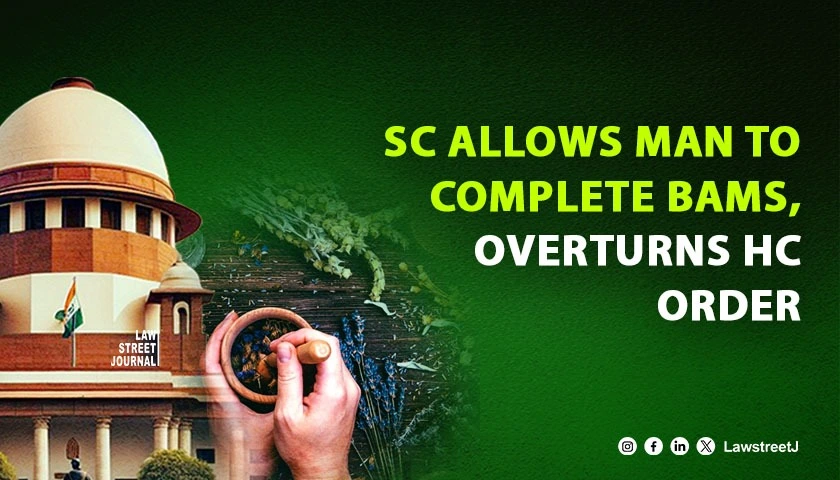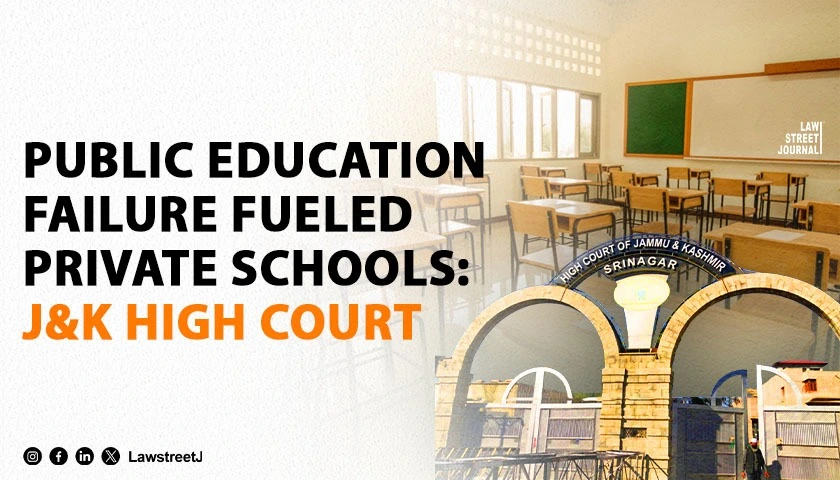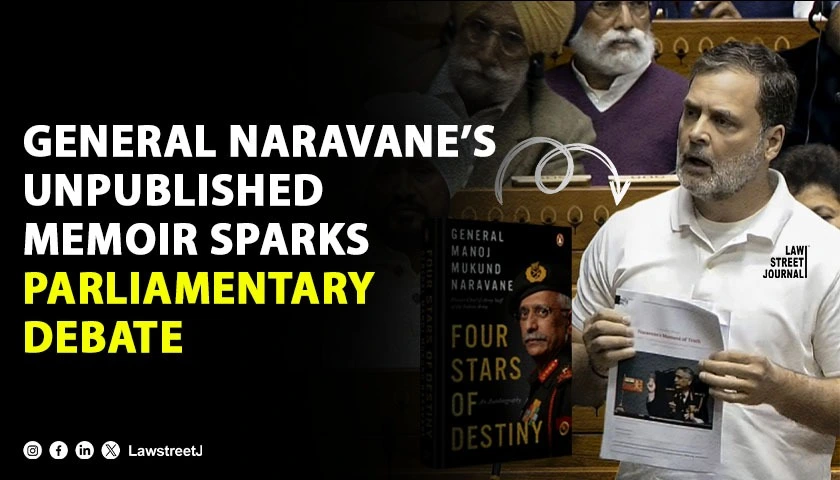NEW DELHI: The Supreme Court has set aside the Madhya Pradesh High Court's judgment which decimated entire labour of six years, put in by a candidate in completing his BAMS degree course for not having passed 10+2 with English at the time of his admission.
A bench of Justices Sanjay Kumar and Augustine George Masih said though there can be no dispute with the proposition that fulfilling the basic eligibility for admission to a course is a sine qua non, which ought not to be overlooked or ignored, the peculiar facts of the case on hand ought to have weighed with the High Court.
SC Ruling on BAMS Eligibility: Court Overturns HC Verdict
"An act of the Court should, ordinarily, not prejudice anyone (Actus curiae neminem gravabit). This is a fundamental principle of justice, but it was disregarded by the High Court while considering the case of the appellant," the bench said.
The court allowed an appeal filed by Zaid Sheikh against the High Court's June 18, 2014 judgment which dismissed his plea.
The appellant completed the entire studies of the course and also part of his mandatory internship at the time his writ petition was dismissed.
BAMS Degree Dispute: Supreme Court Allows Completion Despite Initial Ineligibility
The High Court non-suited the appellant on the ground that he was initially ineligible to be admitted to BAMS Degree Course as he had not taken and passed ‘English’ as a subject in the qualifying examination of 10+2.
His initial admission in the first college was in clear violation of the Madhya Pradesh Ayurveda/Unani/Homeopathy Undergraduate Entrance Examination Rules - 2008, which prescribed the eligibility condition that candidates of all categories and classes were required to have passed English as a subject in the qualifying examination of 10+2.
However, his college came to be de-recognised and all the students of that college were transferred to the Shaskiya Swasashi Dhanwantari Ayurvedic Medical College, Ujjain. The appellant was then allowed to pass English as a subject in Class 12, when he was provisionally admitted by the said college.
"This fact ought to have been given more weightage by the High Court. More so, as the appellant had acted upon the allotment letter and reappeared for the Class 12 examination, twice over, with English as a subject and had passed it," the bench said.
Though the interim order granted by the High Court on October 30, 2012 recorded that the appellant would not be entitled to claim equities, the fact that he was permitted to complete the entire course and had also finished part of his mandatory internship ought not to have been brushed aside lightly, the bench said.
"The appellant had put in nearly 6 years by then in pursuing BAMS degree course and the end result of the High Court’s order was to decimate his entire labour of all those years," the bench said.
In any event, the appellant's so-called ineligibility, which was not essential in the context of the course that he had taken, was cured by him thereafter owing to the liberty given by the college itself while provisionally admitting him to the course in September, 2012, the bench noted.
"Given these peculiar facts, we are of the opinion that this is a fit case for interference so that the appellant is not left out in the cold after completing almost the entire course," the bench said.
The bench directed the authorities to permit the appellant to complete his course and internship in Shaskiya Swasashi Dhanwantari Ayurvedic Medical College, Ujjain, and thereafter issue him his BAMS degree in accordance with due procedure.

















